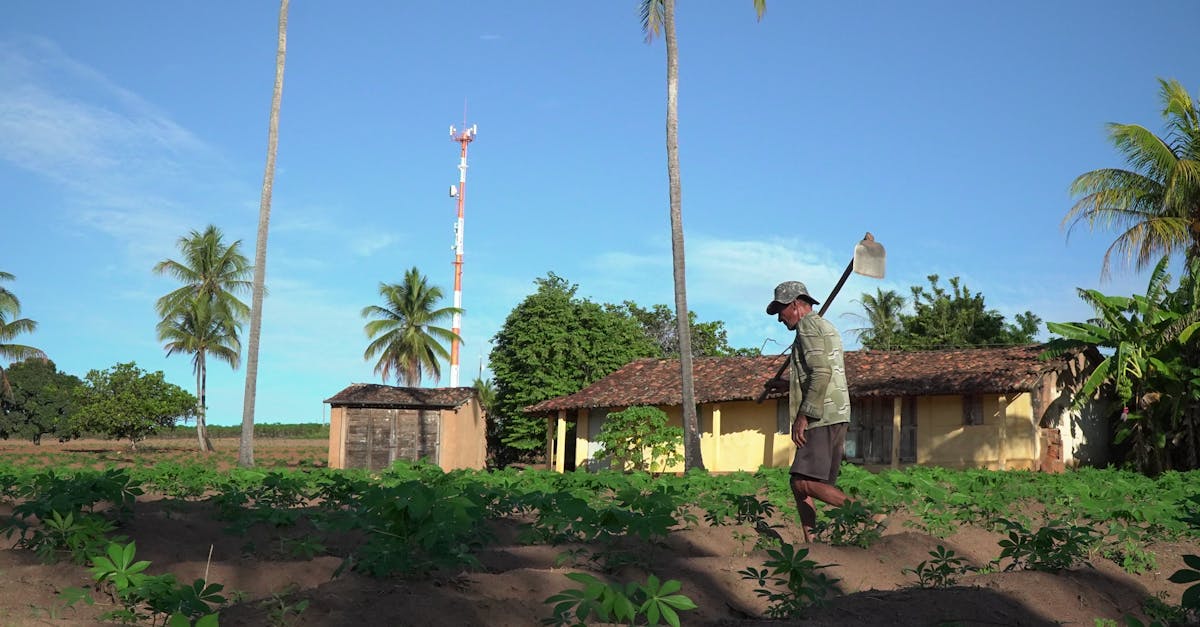A recent report indicates that Hawaii is among the 13 states with low emergency preparedness. This assessment raises significant concerns for Hawaii's business community, which is particularly vulnerable to the impacts of natural disasters. From tourism and hospitality to real estate and small businesses, the islands' economy could face substantial disruptions if not adequately prepared for emergencies.
Businesses in disaster-prone areas must prioritize risk mitigation strategies. This includes developing comprehensive emergency plans, securing adequate insurance coverage, and ensuring business continuity protocols are in place. Furthermore, entrepreneurs and investors should factor in these risks when making decisions. It's essential to consider the resilience of infrastructure, potential for supply chain disruptions, and the availability of resources during and after a crisis.
The implications extend beyond individual businesses. The tourism sector, a cornerstone of Hawaii's economy, could suffer greatly from inadequate disaster readiness. As reported by The Hawaii Free Press, which highlights the state's low ranking, a major disaster could deter visitors and damage the state's reputation, impacting revenue and employment in the hospitality industry.
Another important factor is the ability of the government and local organizations to respond effectively. A recent report from the Federal Register emphasized emergency response standards. An effective emergency response requires robust coordination, communication, and resource allocation, which can be crucial to protecting businesses during and after a crisis. Local businesses might need to work with the government to improve these abilities.
The report also highlighted the need for small business owners to understand where they can access help during and after a disaster. The resources available include Small Business Administration (SBA) disaster loans. While federal and local government help may take a long time, business owners must still prepare their financing options.
In summary, Hawaii's low ranking in emergency preparedness is a critical issue for the state's businesses. Entrepreneurs, investors, and industry leaders must acknowledge these risks and take proactive measures. They must also advocate for improvements in state and local emergency response capabilities to protect their investments and ensure the long-term economic health of the islands.



